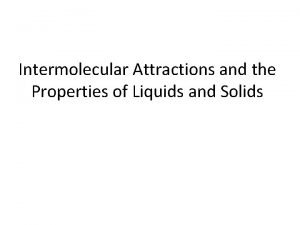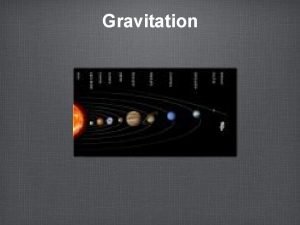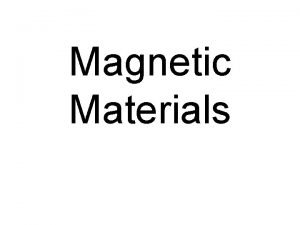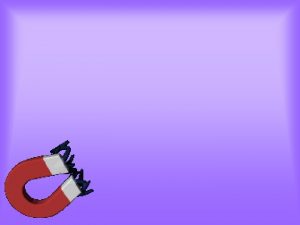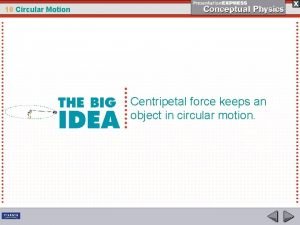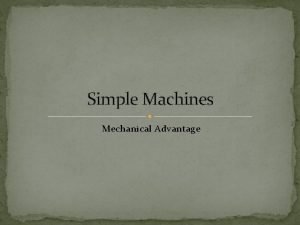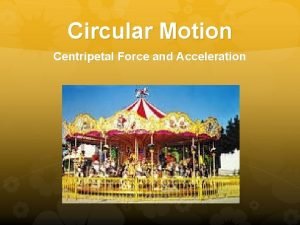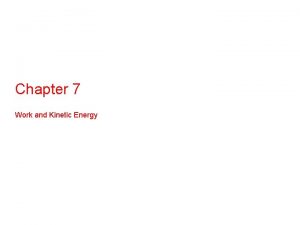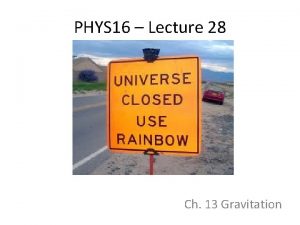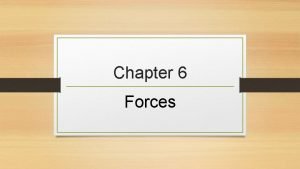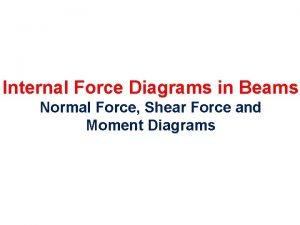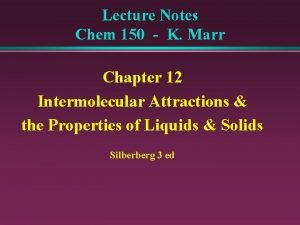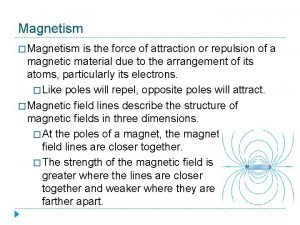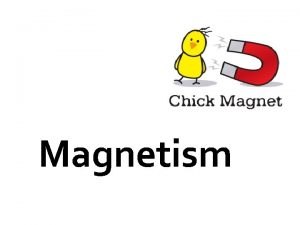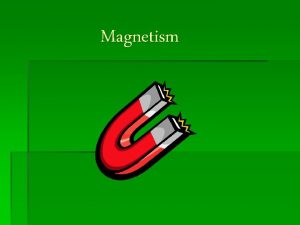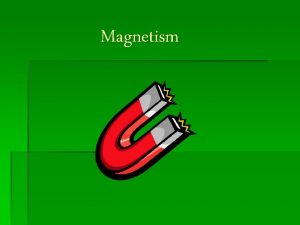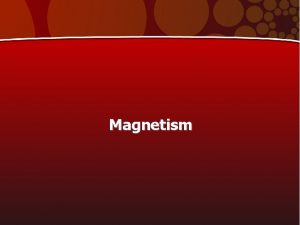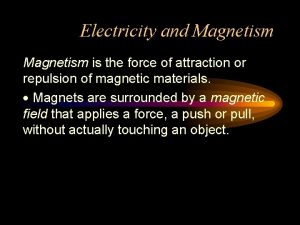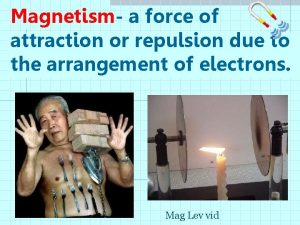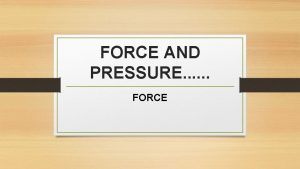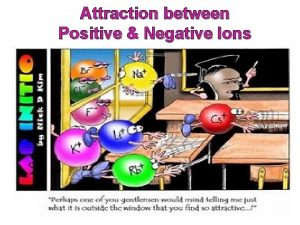Magnetism Keywords What is magnetism Force of attraction

















- Slides: 17

Magnetism

Keywords

What is magnetism? Force of attraction or repulsion due to electrons. Magnetic forces are the strongest at the poles Magnets have two poles: North and South

Properties of magnets Magnets always have two poles If a magnet is cut it will still have two poles Like magnetic poles repel Unlike magnetic poles attract A magnetic field is the area in which magnetic forces act

Magnet properties A freely suppended bar magnet will always it always comes to rest in a north south direction. The end pointing north is called a north pole.

Questions What two forces are involved in magnetism? Which subatomic particle accounts for magnetism? Explain the interaction between magnetic poles when they are close together. To what use is a freely swinging magnet put to?

Magnetic materials Natural magnets have naturally occurring magnetic properties e. g. : LODESTONE (magnetite) The elements iron, nickel and cobalt only can be magnetised. Alloys like steel and alnico make strong man-made magnets

Earth’s magnetic properties Gilbert was a scientist that showed that the Earth behaves as a magnet The Earth’s magnetic field is strongest at the poles The Earth’s magnetic field behaves as if there is a huge bar magnet in it’s centre.

The Earth’s magnetic field

Compasses are used to determine direction Compass needles are magnetized and respond to the magnetic field of the Earth Compasses point to the MAGNETIC POLES OF THE EARTH

Questions Which scientist described the Earth’s magnetic properties? Name the devices used to indicate geographic direction based on the Earth’s magnetic field.

Magnetic effect of an electric current Discovered by Oersted (scientist) When an electric current flows in a wire it creates a magnetic field around it.

Questions Who discovered the magnetic effect of an electric current? What happens the compass needle when the current is switched on? Name one practical application of this effect?

Electromagnets Temporary magnets Magnetism can be turned on and off Made by wrapping wire around a piece of iron and sending a current through the wire Magnetic field is in the same direction as the electric current

A simple electromagnet When the power is switched on the nail becomes a magnet and when it is switched off it loses it’s magnetism.

Questions What is electromagnetism? What type of magnet is an electromagnet? If the current is switched off is the nail magnetic?

Uses of Magnets Used in compasses Body scans in hospitals (NMR) electric motors, electric bells, tranformers, loudspeakers, telephones, computers and microwave ovens all use magnets. In door catchs for fridges and presses. In magnetic ink on cash cards. Electromagnets used in scrapyards to move scrap iron.
 Intermolecular force of attraction
Intermolecular force of attraction What is mutual force
What is mutual force Intramolecular forces
Intramolecular forces Magnetic flux units
Magnetic flux units An invisible pulling force
An invisible pulling force If you whirl a tin can on the end of a string
If you whirl a tin can on the end of a string Is friction a contact force or a noncontact force
Is friction a contact force or a noncontact force Is tension contact or noncontact
Is tension contact or noncontact How does mechanical advantage work
How does mechanical advantage work Why electric field is conservative
Why electric field is conservative Which arrow below represents the direction of acceleration
Which arrow below represents the direction of acceleration Net force
Net force Normal force and gravitational force
Normal force and gravitational force Centripetal force and gravitational force
Centripetal force and gravitational force Long range force vs contact force
Long range force vs contact force Difference between centrifugal and centripetal force
Difference between centrifugal and centripetal force Normal force diagram beam
Normal force diagram beam Factors affecting vapor pressure
Factors affecting vapor pressure
